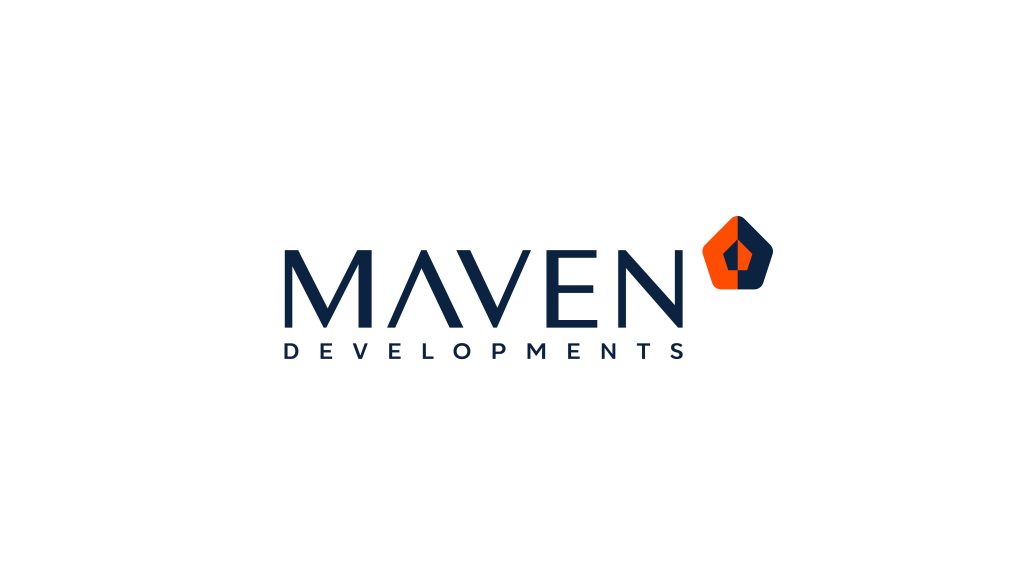We were curious about big company standpoints regarding the COVID-19 crisis so we reached out to a variety of leaders and directors from different fields and industries. Here is what they had to say…
Below are the three questions we presented:
What are the steps your company is taking these days to navigate the risks that come with Coronavirus?
How do you see this affecting/shaping the future of your industry?
Do you have any tips regarding how businesses can plan ahead during this season?
- Sumathi Ramanathan, Director of Destination Marketing at Expo 2020

“Over the last several weeks, we have been working hard, both internally and in consultation with key UAE and international stakeholders, to review the ongoing impact of COVID-19 on our plans and preparations for Expo 2020 Dubai. We remain firm in our collective aim to deliver an Expo that is true to its time and to our shared, urgent priorities. But it is clear that this is not the right time. In spirit of solidarity and unity, we support the proposal to explore a one-year postponement made by the Steering Committee. We will follow the Bureau International des Expositions (BIE) processes on making the decision to delay Expo 2020. The BIE will now work with its Member States and Expo 2020 Dubai to establish a change in dates.”
“We believe that now, more than ever, humanity needs to come together to remember what unites us. It is our top priority to keep everybody involved in this Expo healthy and well. We continue to stringently follow the guidance from the local health authorities and World Health Organisation, and we will continue to do so as we navigate through these challenging times.”
- Sameh Shoukry, Country Manager of Ericsson Egypt

“Our role is to ensure that work is carried out relying on remote connectivity at the best and fastest possible pace. We continue working with our customers to boost the efficiency of communication networks and strengthen the technological infrastructure around the globe. In many parts of the world we are also running telecom infrastructure operations on behalf of our customers – the operators. This is done through three stages; the first of which is to provide recommendations and procedures for the achievement of a balance in network performance by remote control using specialized software. The second step is to re-map the network and distribution of frequencies in line with the new circumstances and to reduce bottlenecks. Meanwhile, the third step is to provide multiple typical tools and models that support the virtual tests of the network to facilitate control of the critical times that networks may undergo, using the best available methods without the need for direct technical support.”
“Telecommunication is a critical component of the country’s infrastructure. The past few weeks have shown the important role that the telecom industry plays all over the world. The industry importance is likely to increase. I believe that the coronavirus crisis would change the landscape globally and in Egypt with regard to using technology and modern applications. Some months ago, we used to say that, within ten to twenty years, technology would bring about huge changes to the nature of things across all fields, whether material dealings, or the emergence of new jobs, business models, or learning methods. However, such changes came faster than we could ever imagine. We are now heavily relying in every aspect of our lives on the network connectivity and the applications made available by networks; this means that, in the very near future, we will be moving at a faster pace in the development of network infrastructure to accommodate the 5G network and what it entails in terms of bigger capabilities for the Internet and expansions in artificial intelligence applications, as this is simply the future we should be working on as of today and not tomorrow.”
“It is undeniable that this current period saw some companies halting their development operations or future plans for economic reasons but it is predicted that budgets allocated for supporting technological innovations and applications would be bigger in the future and SMEs operating in technology would receive strong support to provide more innovative ideas. Furthermore, communications and information technology will likely be a top priority for countries and businesses to develop and invest in.”
- Walid Sheta, President of Schneider Electric Regional Cluster in Egypt, North East Africa and Levant

“For our people, everyone who can work from home is working from home. We’re all using teleconferencing tools, we’re all online and we are working as hard as we can to help our customers across Egypt and ensure that the power is on, that the internet is working, and that the water is flowing. For those of the team who can’t work from home, such as our field engineers, we are ensuring they are taking every single precaution to ensure their safety and the safety of the people they are working with. They’re practicing social distancing and they’re sanitizing before they get to the site, while on site and after they leave the site. And they’re using personal protective equipment. We’re also sharing our know-how with our partners and customers, so that we are all following the most thorough advice and practices from organizations such as the World Health Organization, to keep everyone safe.”
“While it’s always difficult to predict the future, here are my few tips as to how work will change for all of us. Remote working – Not all of us will be heading back to the office once the lockdown restrictions are eased. If this has shown anything to be true, it is that we can work from home, or anywhere, as long as there’s a good internet connection. Acceptance of internet-based services – As an extension to the first point, we’re going to get used to accessing services online. This could be telemedicine, e-learning or even services such as remote maintenance. Business with Purpose – I am proud to see so many businesses stepping up to help society. My own team have come up with a number of ideas to help, such as raising funds to buy medical supplies and a respirator for hospitals here. I believe more than ever that business has to support society’s development and I hope that every business leader will see the need to do more for society in Egypt.”
“None of us have lived through anything like this, and each business and sector is going to be impacted differently. But what I will say is this: Trust your people, be transparent with the challenges that you are facing, and give your people a vision and purpose to work towards. Help your customers, be there to support them and communicate. We will get through this, and it’s going to be easier on all of us if we work together as one business community.”
- Mohamed Rushdy, Managing Partner at Riverwards Group, Co-founder & Board Member at MAVEN Developments

“Social responsibility towards our people and employees steered us to be part of the stay-home movement. We believe that staying home and limiting social contact as well as general social distancing is the way to go until we know the extent of the spread and better know if we have reached the apex of the disease. Furthermore, we launched a one of a kind outdoor campaign to increase awareness about the importance of staying home. We believe in spreading the message and believe that increasing awareness will save lives.”
“The construction industry is a very dynamic one and is crucial to the well-being of the economy as a whole. The virus and the measures taken put the brakes on the whole industry whether in terms of sales or construction. It is temporary though and we expect a great increase in demand and a surge in sales by the fourth quarter of 2020. But what did we learn as an industry? We learned the power of technology and experienced first-hand how we can save many resources by working remotely. We will see more incentives in the coming period by many developers; more generously by ones that many might’ve seen to be overpriced to begin with, to move their product. We will see expansion of instalment periods and more developers with 0% down payments. If I were to give advice to my fellow developers in Egypt, it would be not to panic and make decisions that might help in the short term but would be tough to reverse in the long run. The COVID-19 virus will go away. We should see matters coming back to normal at the end of the third quarter of this year with a slight bump projected for the fourth quarter, mainly caused by ‘pent up’ demand.”
“Plan for decreased revenues until August/September of this year. Hold on to your staff as much as you can and don’t lay them off if you could keep them. It costs more to re-hire and train new people. Conserve your non-payroll cash flow as much as you can and get all your employees involved in the process of ‘survival’. Provide the environment that allows them to speak up and be part of the solution of the coming 4-6 months. Make many phone calls to people on your phonebook that are business-related and chat with them about what they might be doing to help their businesses navigate through this period. You might get an idea or two.”
- Eng. Karim Madwar, Managing Director of Metito Africa

“As a global corporate citizen, Metito is closely monitoring the Covid-19 pandemic situation and has assigned a cross-organizational business continuity task force and an active response team with two core mandates; to safeguard the health and safety of our employees consistent with conservative guidelines and based on the information constantly relayed by the World Health Organization and the distinct local governments across the countries where we operate; to manage any business implications and/or disruptive scenarios resulting from the Covid-19 outbreak to minimize the impact on our operations and our ability to serve our clients.”
“In Egypt, in line with the recommended guidelines by the relevant authorities, we have proactively secured the needed resources to maintain personal hygiene in all offices and project sites including face masks and hand sanitizers. We have daily temperature checks in all sites to ensure that any suspicions are assessed and handled as per set protocols and quality, health, safety and environment management measures, along with the conduction of site sanitization and disinfection on short intervals. For all site-based workers, we have also secured a timely communication channel through a business continuity Whatsapp group through which timely alerts and instructions are sent to all workers. Lastly, we secured more shifts for transporting employees on company buses to ensure less passengers per ride and that social distancing guidelines are enforced.”



